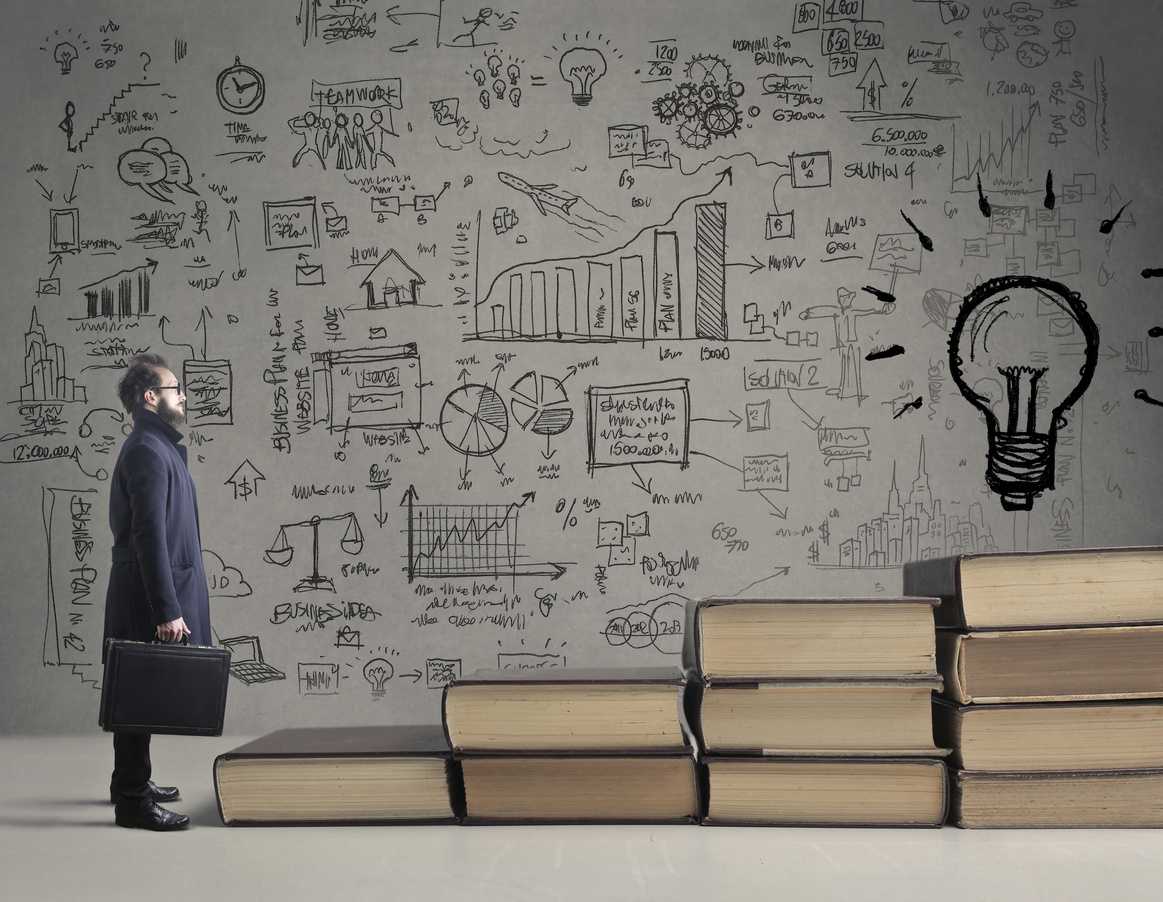I’ve been exploring how to use role play and improvisation in teacher education as a way to free up and open up teachers, to help them be more adaptive and responsive to their students.
I’ve leaned on the phenomenal Matt Foss, who recently joined the University of Toledo as the professor in charge of teaching acting. When I sat down with him last week to discuss the course in which I’ll be trying out some of this work, he encouraged me to think about role-playing in terms of intentions. He explained that when you ask people to play a role, they often get too caught up in self-consciously playing a part. If instead you give them a goal or an intention, they will focus on that intention until they are distracted or the situation changes their intention — it will be much more organic.
For example, if we are role playing a classroom situation, instead of asking a participant to play the role of a student who only cares about her grade, if we ask the participant to act with the goal of wanting a clear idea about what she will be graded on. The first of those is a one-track role, the second is much more open and fluid (which are two of the traits we are encouraging, of course!).
While I consider myself a good teacher, I’ve been incredibly impressed by Matt in the classroom and in conversation. I audited his Acting II class in the spring, and was blown away by how he was able to support and challenge his students in a great balance, and also how good he was at individualizing instruction. I will post again soon to talk about some of the lessons I learned from watching him teach (I also acted in a campus production that semester, and I’ll post about the lessons that experience offered me at a later date as well).
Thinking about goals and objectives, he and I discussed the difference between a teacher having the objective of “teaching” versus having the objective of “students learning” — imagine if this was the objective of every teacher! He offered an outstanding analogy as well, which I’ll be sharing with the teachers with whom I’ll be working this semester. “Show them the video of a running back scoring a touch down,” he suggested (I’m paraphrasing here). “And then talk with them about how a football team achieves that goal. They don’t just run the ball, they don’t pass the ball on every play — they mix it up, they try out different strategies, all with that goal in mind.” Extending this metaphor, I also thought about how a team will study their opponents, to find the right strategies to use in any particular game, to account for the strengths and weaknesses of those with whom they are playing. There are teachers who do this, of course, who think deeply about the strengths, weaknesses, needs, abilities and challenges of their students, both in the aggregate and as individuals, but imagine if we thought of teaching more in this way — with a clear focus on the goal of student learning, and on deploying the right variety of strategies to make that learning happen (to the best of our ability)! (Although as educational historian Ed Janak — another UT professor — points out, isn’t it interesting that teachers are the only ones ever held accountable for student learning? More on this too at a later date…)
